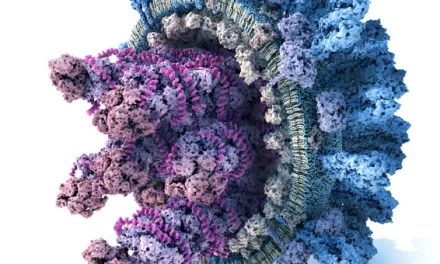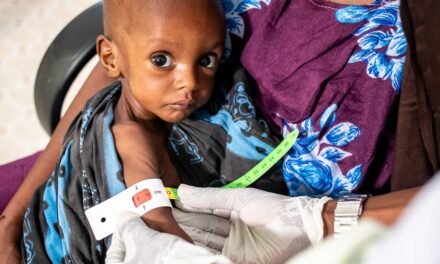Copenhagen, Denmark – February 28, 2024
Noncommunicable diseases (NCDs) such as cardiovascular disease, cancer, chronic respiratory disease, and diabetes have long been a silent epidemic, responsible for 75% of deaths worldwide. However, amidst humanitarian emergencies, the risk of NCDs exacerbates significantly, with strokes and heart attacks becoming up to three times more likely following a disaster. Despite this alarming reality, care and treatment for NCDs often fall short in humanitarian response strategies, which predominantly focus on immediate needs.
In a concerted effort to bridge this critical gap, the World Health Organization (WHO), alongside the Kingdom of Denmark, the Hashemite Kingdom of Jordan, the Republic of Kenya, and UNHCR, the UN Refugee Agency, are jointly convening a global high-level technical meeting on NCDs in humanitarian settings from February 27-29 in Copenhagen, Denmark.
The meeting comes at a time when humanitarian crises are growing increasingly complex and intertwined, with geopolitical conflicts, ecological degradation, and climate change exacerbating natural disasters and shortages of essential goods. According to recent data, WHO responded to 65 graded health emergencies worldwide in 2023, up from 40 a decade earlier, while UNHCR issued 43 emergency declarations, marking the highest number in decades. United Nations estimates project that 300 million people will require humanitarian assistance and protection in 2024, with over half in dire need of emergency health assistance.
WHO Director-General Dr. Tedros Adhanom Ghebreyesus underscored the urgency of integrating NCD care into emergency response protocols, highlighting the significant impact of trauma, stress, and limited access to medicines or services on individuals living with NCDs in crisis situations. “We must find ways to better integrate NCD care in emergency response, to protect more lives from these avoidable tragedies and improve health security,” Dr. Tedros emphasized.
Refugees, in particular, face formidable barriers to healthcare access, compounded by poor living conditions, financial constraints, and uncertain legal statuses. NCDs represent a substantial proportion of all deaths in countries with significant refugee populations, underscoring the imperative to ensure their right to health.
UN High Commissioner for Refugees, Filippo Grandi, stressed the importance of inclusive policies and resources to support refugees’ access to healthcare, particularly for NCDs. “As forced displacement grows, we must work to ensure the right to health of refugees, other forcibly displaced people, and host communities,” Grandi asserted, calling for innovative solutions and collaboration with governments and partners to address these challenges.
Amidst these challenges, countries and partners have been implementing various solutions to mitigate the impact of NCDs in humanitarian crises. Since 2017, over 142,000 WHO NCD kits containing essential treatments for diabetes, hypertension, asthma, and other conditions have been distributed to 28 conflict-affected or disaster-hit countries, providing vital access to medicines for over three months for 10,000 people per kit.
Moreover, efforts to strengthen health systems to better respond to emergencies include policies and services for NCD prevention and control, with a focus on achieving primary health care and universal health coverage. However, specialized services such as dialysis or cancer care still pose challenges during emergencies, necessitating further insights and integration into emergency preparedness and response strategies.
The global high-level technical consultation underway in Copenhagen aims to address these gaps by sharing best practices and developing strategies to support Member States in delivering NCD prevention and control services within humanitarian responses. The outcomes of this meeting will inform the 2024 progress report to the UN Secretary-General, guiding plans for the Fourth UN High-level Meeting on NCDs scheduled for 2025.
As the world faces increasingly complex humanitarian challenges, ensuring the inclusion of NCD care in emergency responses stands as a crucial step toward safeguarding the health and well-being of millions affected by crises worldwide.










